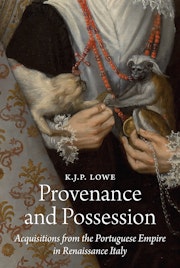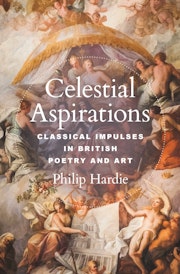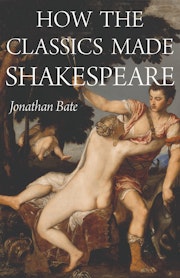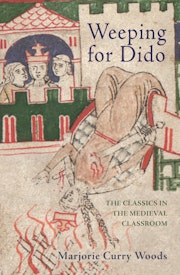E. H. Gombrich Lecture Series4
This series, cosponsored by Princeton University Press and the Warburg Institute in London, features prominent humanities scholars who address the rich legacy of the classical tradition in art, literature, and ideas, across historical periods.
-

A thought-provoking study of how knowledge of provenance was not transferred with enslaved people and goods from the Portuguese trading empire to Renaissance Italy
-

A unique look at how classical notions of ascent and flight preoccupied early modern British writers and artists
-

From one of our most eminent and accessible literary critics, a groundbreaking account of how the Greek and Roman classics forged Shakespeare's imagination
-

Saint Augustine famously “wept for Dido, who killed herself by the sword,” and many later medieval schoolboys were taught to respond in similarly emotional ways to the pain of female characters in Virgil’s Aeneid and other...